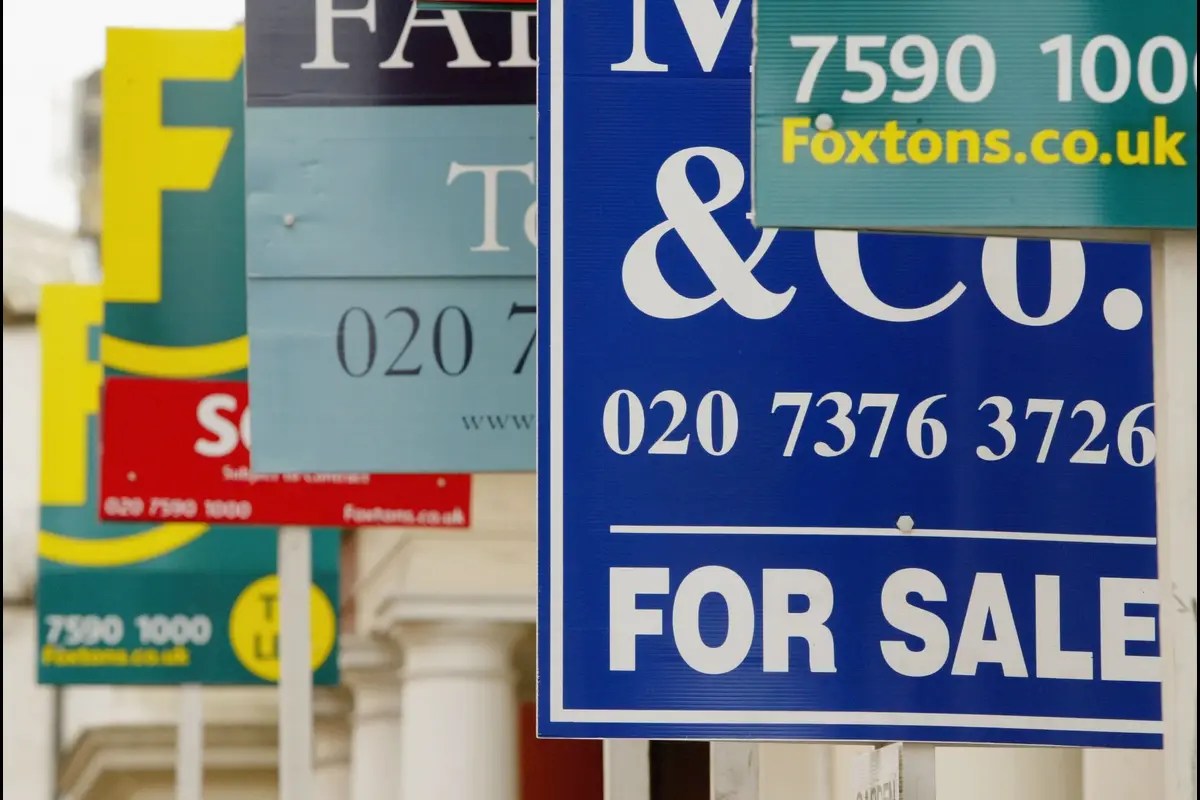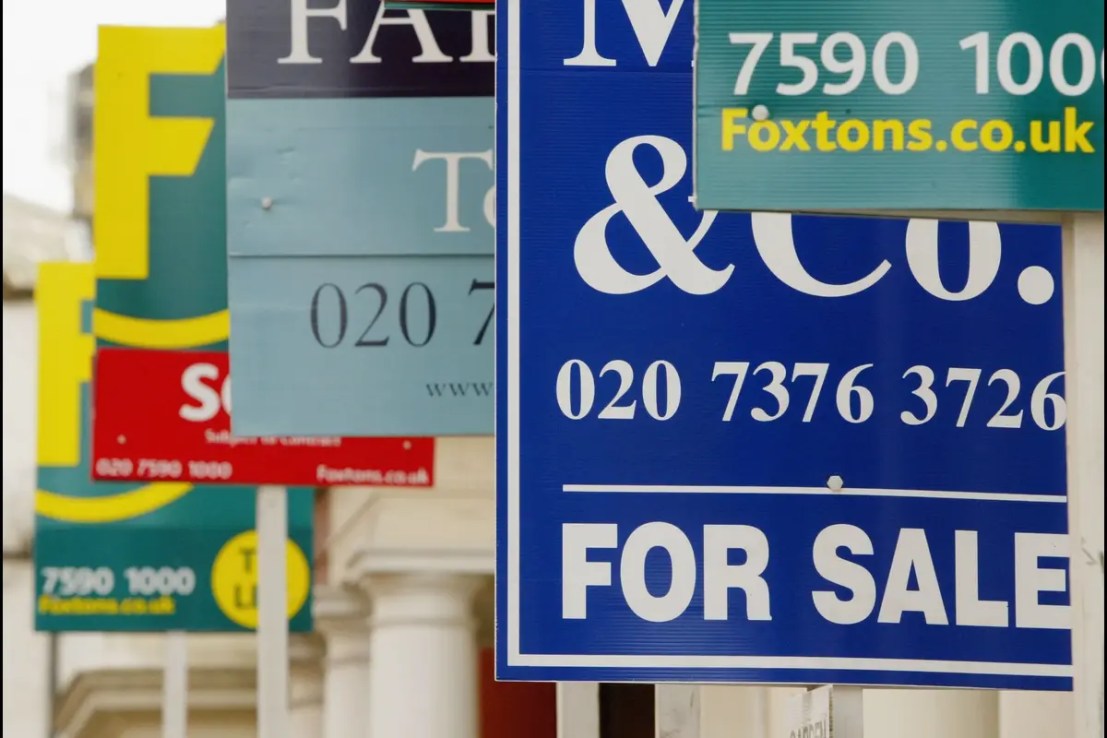‘Steady picture’: UK house prices increase at fastest rate since July 2022, as London rose slowest
Expectations of a cut to interest rates and continued tight supply helped house prices to rise for the third successive month in May, the Office for National Statistics has said.


Expectations of an interest rate cut and continued tight supply helped house prices to rise for the third successive month in May, the Office for National Statistics has said.
Average UK house prices rose by 2.2 per cent to £285,000 in the 12 months to May, the fastest rise since July 2022, while London homes rose by the lowest rate in the country; just 0.2 per cent to £523,376.
The national figure represents an acceleration of house price inflation despite the April figures being revised up by the ONS from 1.1 to 1.3 per cent in this month’s tranche of data.
The third consecutive monthly increase comes after eight month streak of falls, which started in July 2023 and carried through to February of this year.
While the housing market’s fall has been shallower than many expected, the period of falls – driven predominantly by rising interest rates pushing up on mortgages – still represents a departure from the norm since the collapse of the housing market in 2008.
Nick Leeming, Chairman of estate agent Jackson-Stops, said: “Today’s figures show a steady picture for house prices and activity despite a different economic landscape from May.
“The formation of a majority government and anticipated interest rate cuts have restored market confidence. This should encourage hesitant buyers and prompt sellers to set more realistic prices, potentially leading to increased completions.”
Extremely tight supply constrictions meant the national lettings market continued to run hot, the ONS found, with rental prices up 8.6 per cent in the year to June, down marginally from May’s figure of 8.7 per cent.
Rent inflation – which has been amplified by some landlords having to sell-up in the face of higher mortgages, thereby further reducing stock levels – was highest in London, where it rose by 9.7 per cent.
Nathan Emerson CEO of Propertymark said: “There has been much insecurity across the rental market over recent years due to aspects such as uncertainty surrounding the Renters’ Reform Bill, increases in taxes, and a lack of clarity regarding regulation.
“In real terms, this anxiety has impacted new investment and, in extreme cases, has even prompted landlords to leave the sector, further compounding the issue surrounding available housing stock.”



